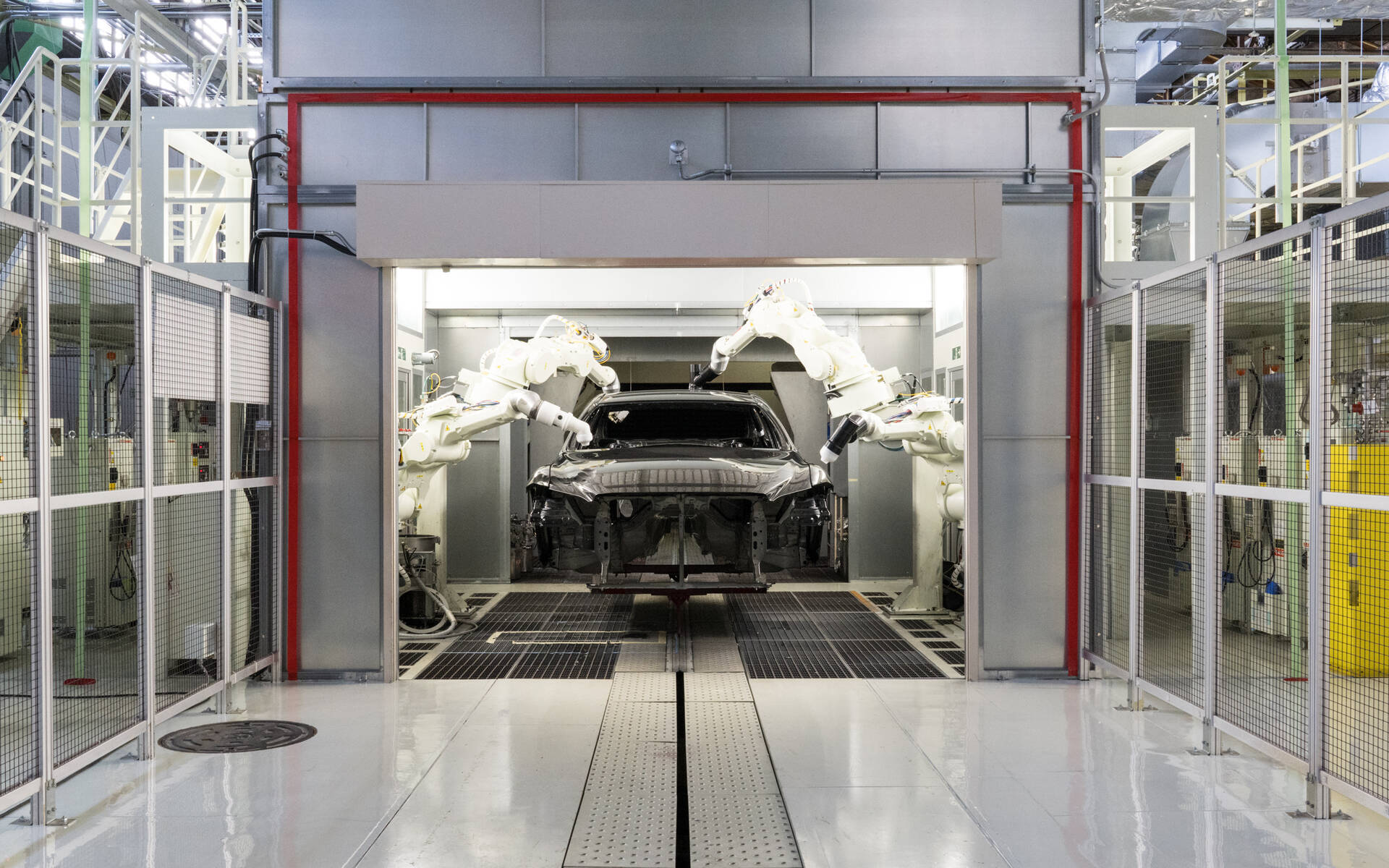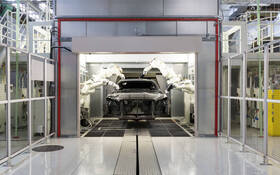Toyota Aims to Triple EV Production in 2025
Toyota recently unveiled a next-generation assembly line for electric vehicles in Japan, with gigacasting, a modular structure and more high-tech systems, looking to significantly reduce the number of parts required and accelerate production.
This manufacturing transformation, which aims to make up for lost ground in the EV segment and is inspired by what Tesla and Chinese automakers like BYD are doing, will give the Japanese giant increased capacity in the coming years.
- Also: Toyota Details Next-Gen EVs With Up to 1,500 Km of Range
- Also: 54 Pro-Climate Groups Urge Toyota to up its EV Game
According to the Nikkei newspaper, Toyota has informed its major suppliers that it now intends to build 600,000 EVs in 2025, or more than triple the 190,000 units that are planned for next year.

Remember, Toyota sold a bit fewer than 25,000 EVs globally in 2022—like a drop in the ocean—yet it expects to sell 150,000 for the entire year of 2023.
In North America, Toyota offers just two battery-powered models, namely the Toyota bZ4X and Lexus RZ crossovers. Another, the Mirai sedan, uses hydrogen fuel cell technology making it infinitely less convenient and attractive for customers.

An updated version of the current e-TNGA platform as well as a brand new architecture will help Toyota launch 10 new BEV models within three years.
As previously reported, one of them will be a three-row SUV set to take on the likes of the Kia EV9. Using batteries sourced from a new plant in North Carolina (to open in 2025), this vehicle will be built in the U.S., likely at a retooled Kentucky plant.
Starting in 2026, Toyota plans to sell 1.5 million EVs globally. By the end of the decade, that number will grow to 3.5 million, roughly a third of the automaker’s total volume, with luxury brand Lexus selling EVs only.












